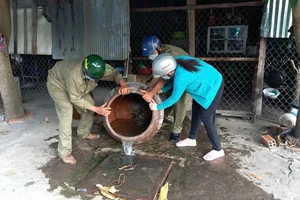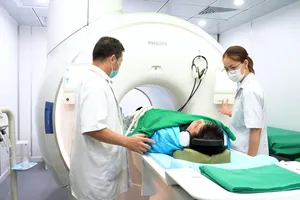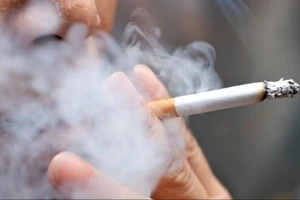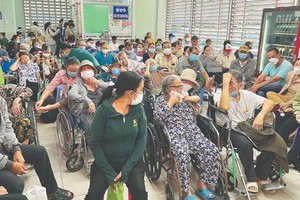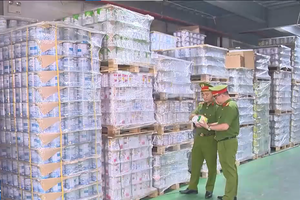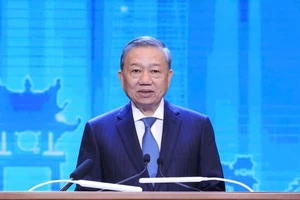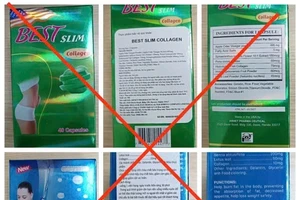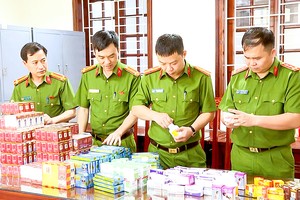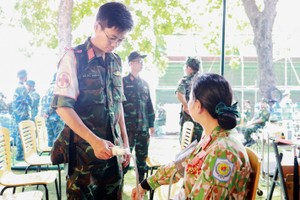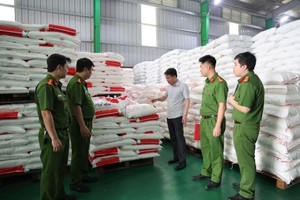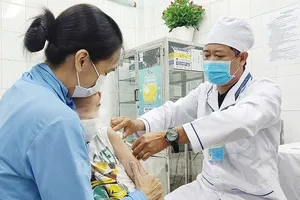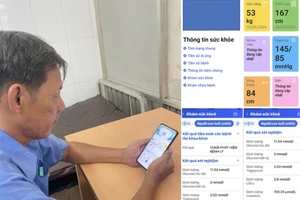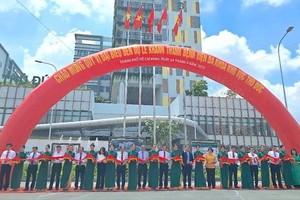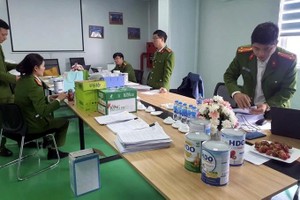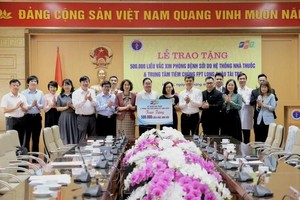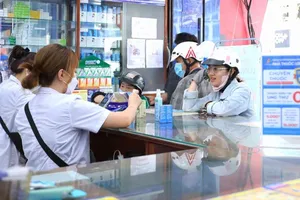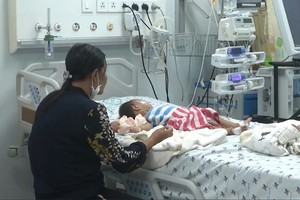Vaccination remains an effective form of protection against the H1N1 virus, the World Health Organization (WHO) has said in response to a request from Vietnam for clarification on the safety of the vaccine.
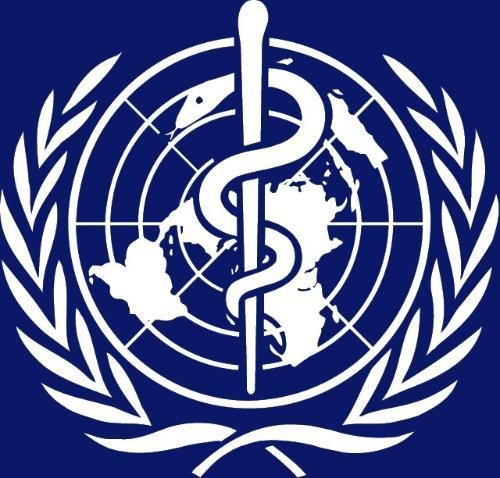
The WHO representative office in Vietnam and the National Steering Board for Human Flu Prevention released the statement December 9 after Vietnamese officials expressed concern over a bad batch of vaccine used in Canada.
Earlier this year, WHO launched an initiative to ensure H1N1 vaccine access to several low- and middle-income countries.
GlaxoSmithKline (GSK) pledged 50 million doses in May 2009, of which Vietnam was set to receive 1.2 million, which would cover about 2 percent of its population.
GSK signed a donation agreement with the WHO on November 10, 2009 to provide the vaccine, known as Arepanrix, to Vietnam. The WHO expected to ship the doses between December 9, 2009 and February 2010.
Concern was raised, however, after higher-than-normal adverse effects were reported following immunization with a particular batch of Arepanrix in Canada. The adjuvanted vaccine was produced at GSK’s Canadian facility and authorized for use on October 21, 2009.
On November 24, GSK announced it would voluntarily withdraw the bad batch.
A December 4 report from the Public Health Agency of Canada, said seven cases of anaphylaxis following immunization from the batch had been confirmed.
This frequency was higher than the usual 0.1-1 adverse reactions per 100,000 doses. However, the WHO confirms there have been no deaths conclusively linked to the vaccine in any country.
Vietnamese health agencies, however, said they would wait for official investigation results from Canadian health authorities before accepting the vaccine.
The WHO stressed it had pre-qualified Arepanrix based on standard protocols and information on vaccine safety and quality. The health authority estimates some 150 million doses of H1N1 influenza vaccine have been distributed worldwide and 95 million doses administered, of which 30 percent are adjuvanted vaccines.
Immediate hypersensitivity has been reported following the use of all types of H1N1 vaccines including a rash or swelling at the point of injection, and allergic reactions. Symptoms range from mild to serious while anaphylaxis can be life threatening in the absence of prompt medical treatment.
The WHO also asserts that the primary goal of vaccination is to target the "at risk” population such as those with chronic conditions, pregnant women, persons living in remote and isolated communities and health workers.
Vaccination in these groups lessens the risk of transmission, complications and death from the disease, the WHO says.
The global health body has reiterated that the risks posed by adverse reactions to the vaccines are still far smaller than the risks to at-risk populations of serious illness from pandemic influenza.
Meanwhile, at the December 9 meeting of the National Steering Board for Human Flu Prevention, Dr. Nguyen Tran Hien, head of the National Institute of Hygiene and Epidemiology, announced the WHO was ready to provide vaccines to Vietnam when officials gave permission.
Dr. Nguyen Huy Nga, chief of the Preventive Health and Environment Department, told the meeting there have been no more reports of H1N1 deaths in the country since DATE?. So far Vietnam has had 46 fatalities related to the virus, of which 12 were pregnant.
Dr. Hien also expressed concern over the high rate of H1N1 infections in the country, adding that there was a strong possibility of the H1N1 (swine flu) and H5N1 (bird flu) viruses combining into more lethal forms.
